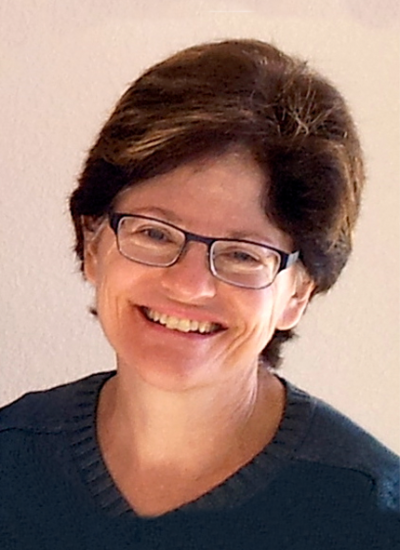Bronstein, J., Eliyahu, D., McCall, A., Lauck, M., & Trachtenbrodt, A. (2015). Minute pollinators: the role of thrips (Thysanoptera) as pollinators of pointleaf manzanita, Arctostaphylos pungens (Ericaceae). Journal of Pollination Biology, 16, 64-71.
Miranda, V., Navarro, P., Davidowitz, G., Bronstein, J., & Stock, S. (2013). Effect of insect host age and diet on the fitness of the entomopathogenic nematode-bacteria mutualism. Symbiosis, 61, 145-153.
DOI: 10.1007/s13199-013-0266-7
Kjellberg, F., Bronstein, J. L., Ginkel, G. v., Greeff, J. M., Moore, J. C., Bossu-Dupriez, N., Chevolot, M., & Michaloud, G. (2005). Clutch size: A major sex ratio determinant in fig pollinating wasps?. Comptes Rendus - Biologies, 328(5), 471-476.
PMID: 15948636;Abstract:
Under local mate competition, sex ratio theory predicts that increasing numbers of ovipositing females (foundresses) on a site should lead to higher proportions of males in their broods. Fig pollinators have confirmed this prediction. It is also predicted that with decreasing clutch size, solitary foundresses should produce increasing proportions of sons. We show this to be true. Further, when several females compete, brood size decreases. As a result, the proportion of males increases, and this could provide a mechanistic explanation of sex ratio response to numbers of colonizing females. Therefore, sex ratio data on fig wasps need to be reassessed to determine whether females 'count' other foundresses, as is generally accepted, or whether they simply 'count' the number of eggs that they lay. © 2005 Académie des sciences. Published by Elsevier SAS. All rights reserved.
Bronstein, J. L., Vernet, D., & Hossaert-McKey, M. (1998). Do fig wasps interfere with each other during oviposition?. Entomologia Experimentalis et Applicata, 87(3), 321-324.
Suni, S., Bronstein, J., & Brosi, B. (2014). Spatial and temporal genetic differentiation among forest fragments for a tropical bee species. Biotropica, 46, 202-209.


